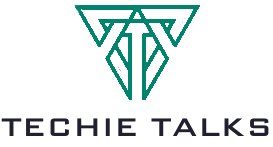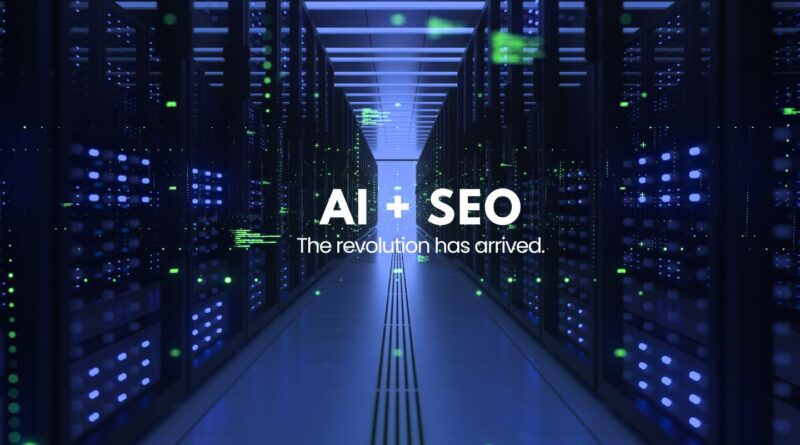How Artificial Intelligence is Revolutionizing Search Engine Optimization for Enterprises?
Artificial Intelligence (AI) is revolutionizing Search Engine Optimization (SEO) for enterprises by introducing advanced techniques and capabilities that significantly impact their online presence and search rankings. Here are some key ways in which AI is transforming SEO for businesses:
Advanced Keyword Research
AI-powered tools can analyze vast amounts of data, including user search patterns and behavior, to identify relevant and high-value keywords. By understanding user intent better, enterprises can optimize their content with the right keywords, leading to improved search rankings and increased organic traffic.
Content Creation and Optimization
AI algorithms can generate content, including articles and product descriptions, that is optimized for Search Engine Optimization (SEO). These algorithms use natural language generation and understanding to create content that aligns with search engine algorithms, ultimately improving the chances of higher rankings.
Personalization
AI enables personalized search results based on individual user preferences, location, and browsing history. This personalization allows enterprises to deliver content tailored to each user, enhancing the overall user experience and increasing engagement.
Natural Language Processing (NLP)
AI-powered NLP capabilities help search engines better understand the context and meaning of user queries. This means that content optimized for natural language is more likely to rank higher in search results, as it directly addresses user questions and concerns.
Voice Search Optimization
With the rise of voice-enabled devices, AI is crucial in optimizing content for voice search queries. Voice search requires more conversational and long-tail keyword optimization, and AI helps enterprises adapt their content to match these user preferences.
Image and Video Analysis
AI-driven image and video analysis tools can understand the content of visual elements. By incorporating relevant keywords and metadata into images and videos, enterprises can improve their chances of ranking higher in image and video search results.
User Experience (UX) Improvement
AI can analyze user behavior on websites to provide insights into how users interact with content. By understanding user preferences and pain points, enterprises can optimize their websites for better user experience, leading to increased dwell time and reduced bounce rates, both of which positively impact SEO.
Rank Tracking and Predictive Analytics
AI-powered rank-tracking tools can monitor search engine rankings more effectively. Moreover, AI-driven predictive analytics can anticipate shifts in SEO trends and algorithms, helping enterprises adjust their strategies proactively.
Competitor Analysis
AI can be utilized for in-depth competitor analysis, identifying strengths and weaknesses in competitor SEO strategies. This information can inform enterprises’ SEO approach and offer a competitive edge.
Summary
In summary, AI is reshaping the landscape of SEO for enterprises by providing data-driven insights, automation, and personalization. By leveraging AI-powered tools and techniques, businesses can enhance their online visibility, engage users effectively, and stay ahead of the competition in the dynamic world of search engine optimization.

